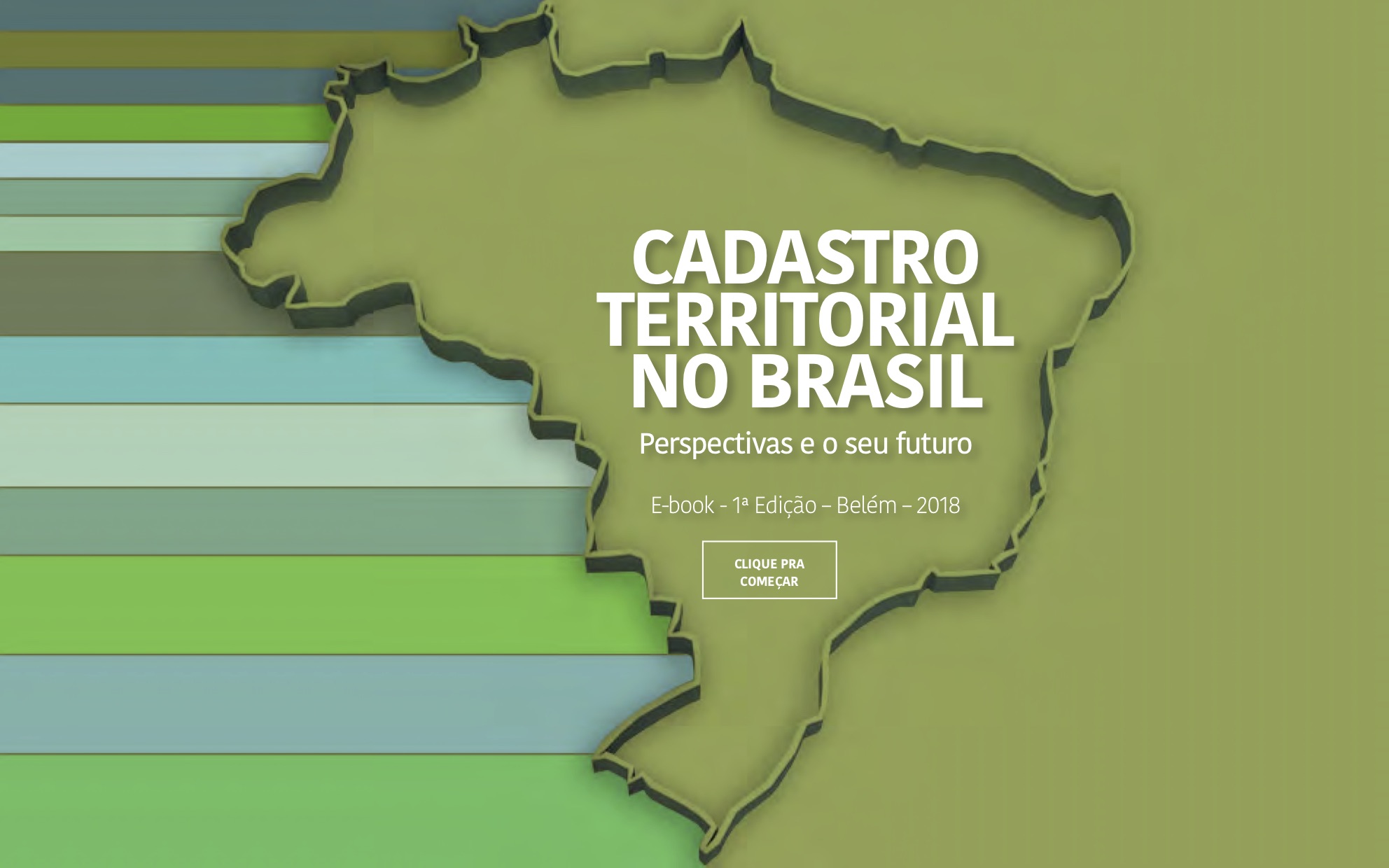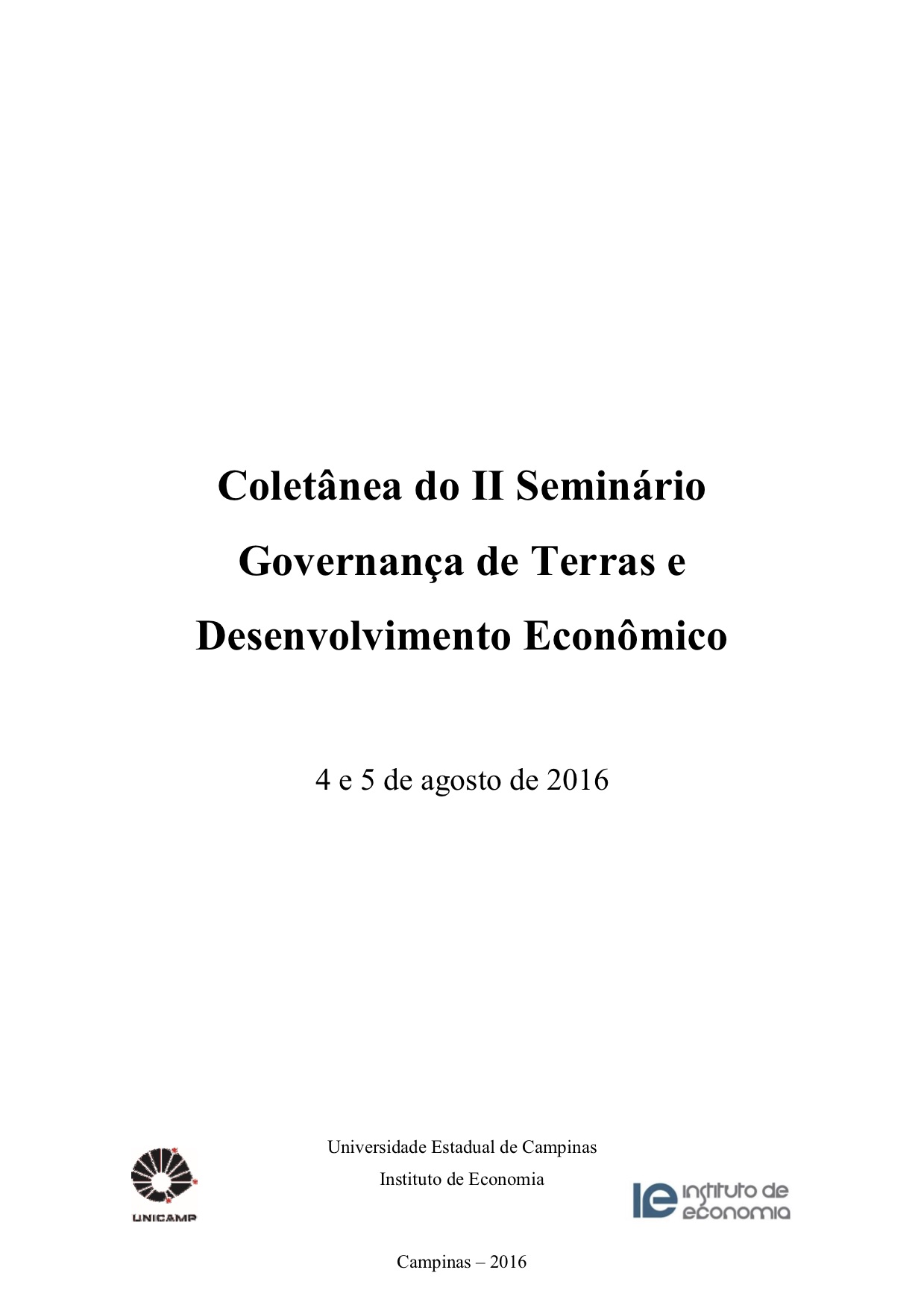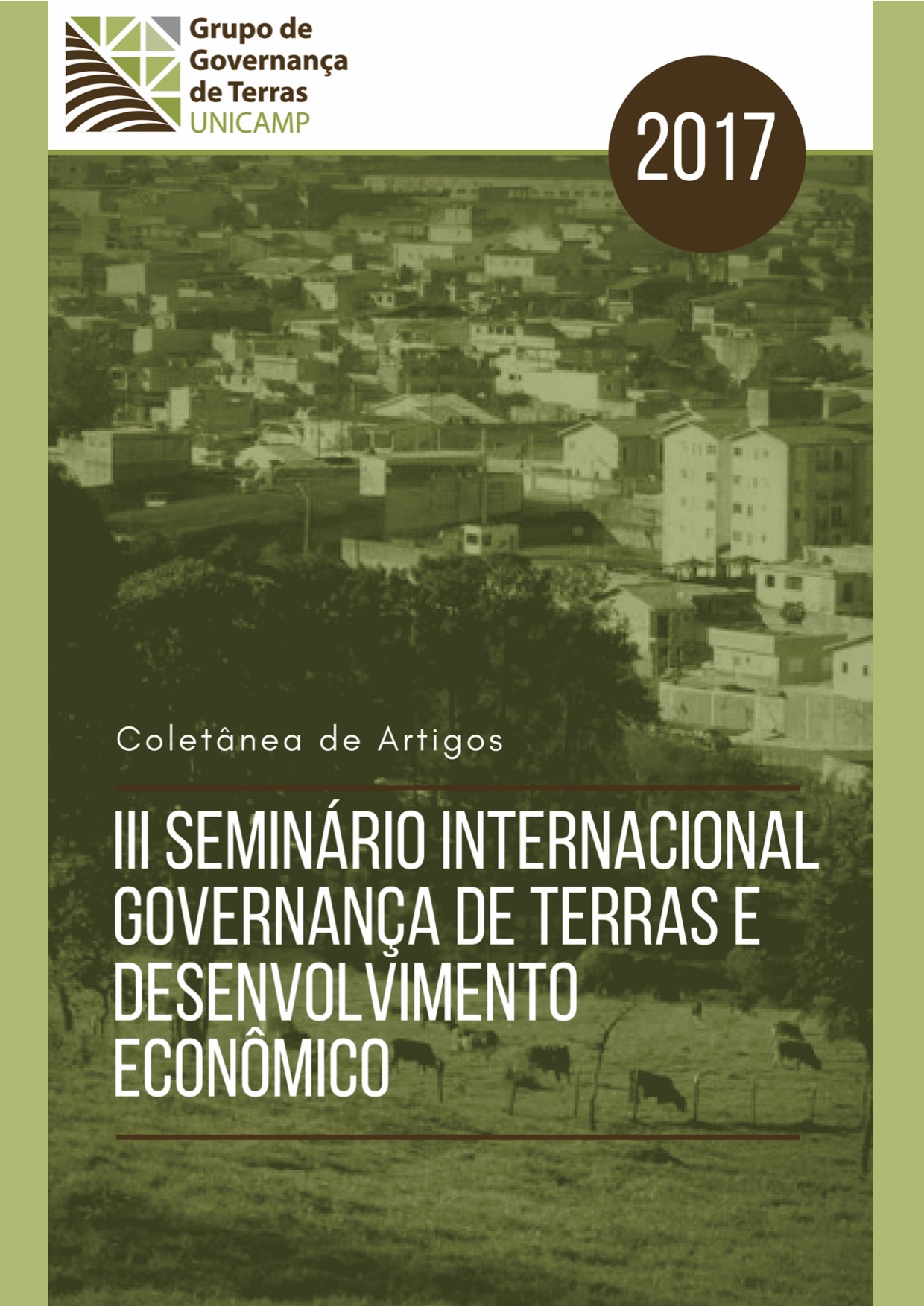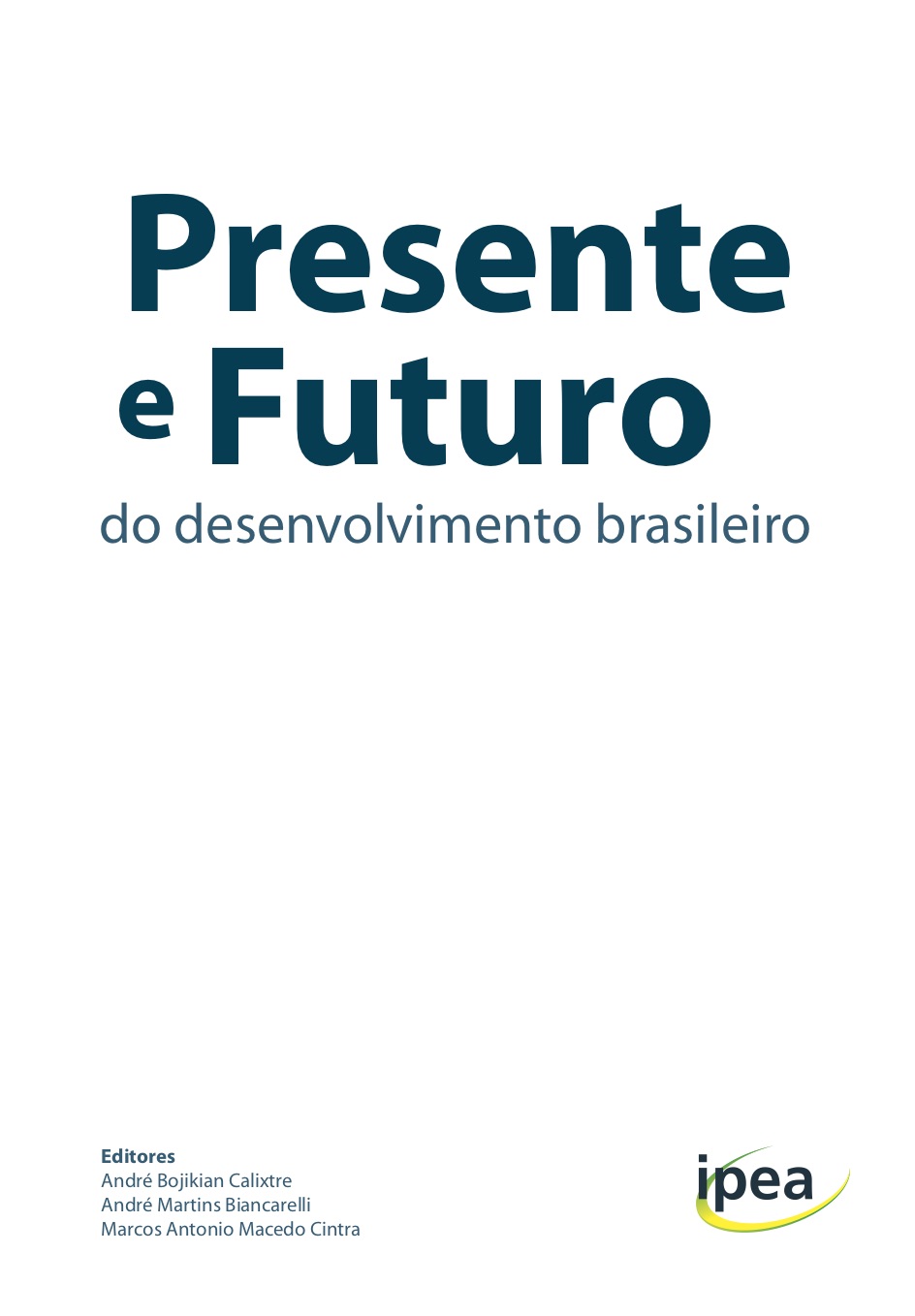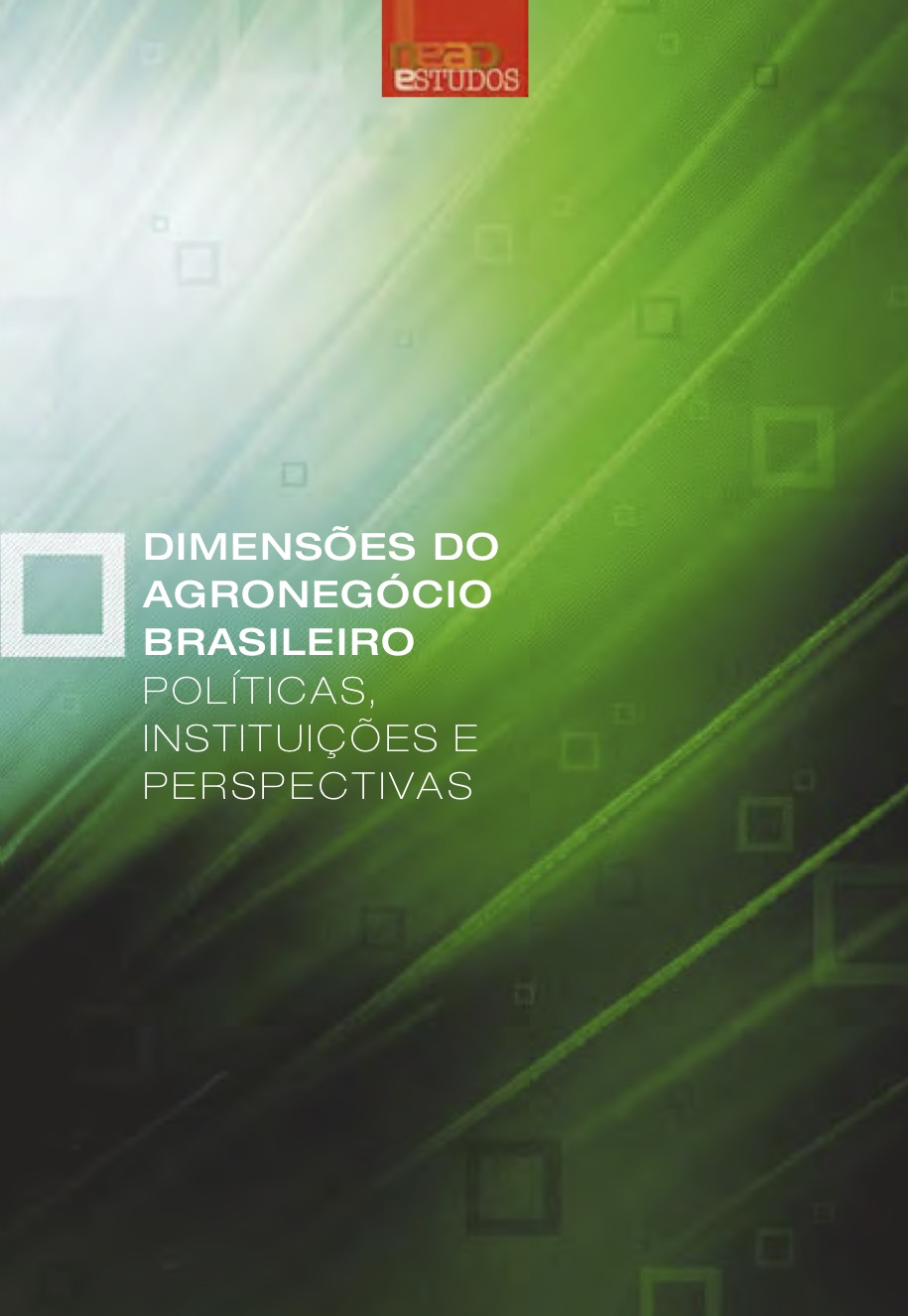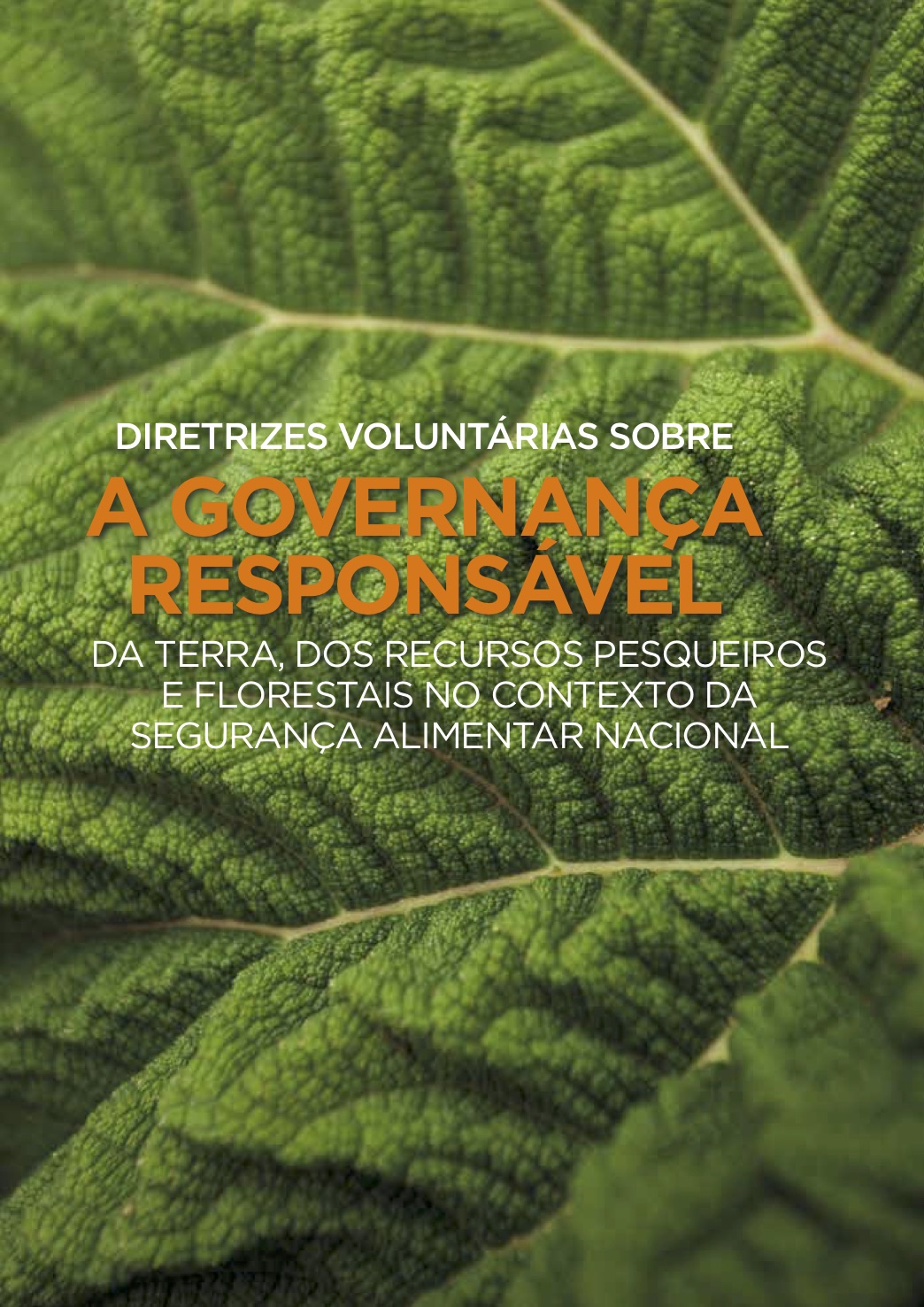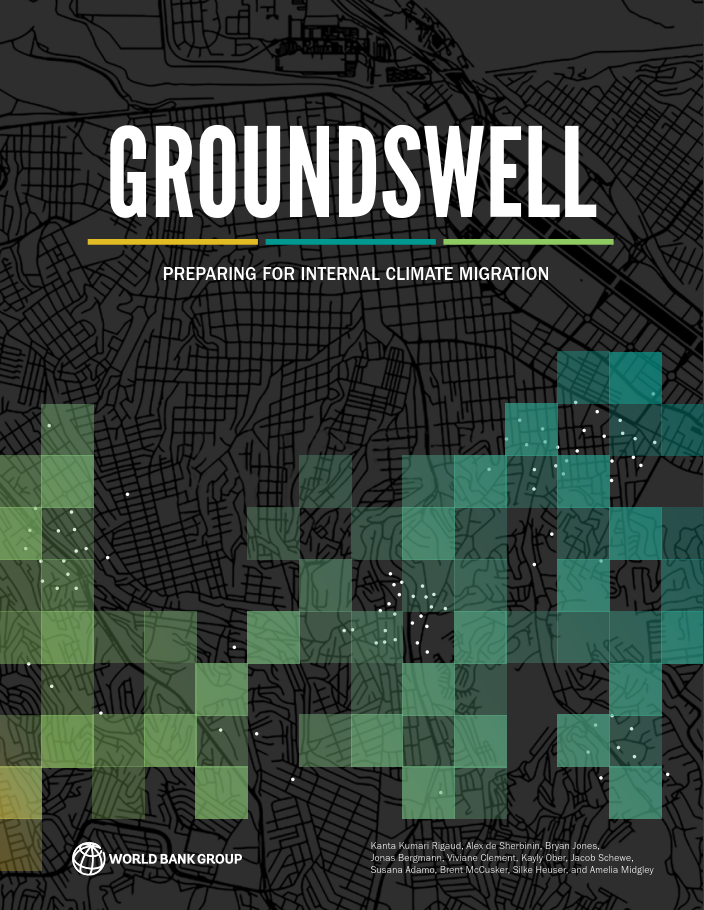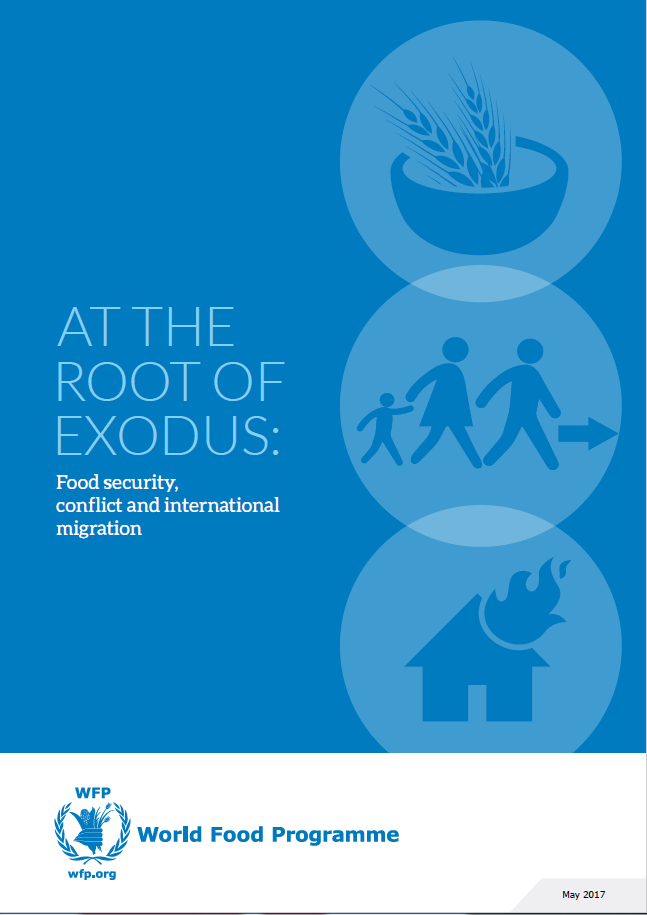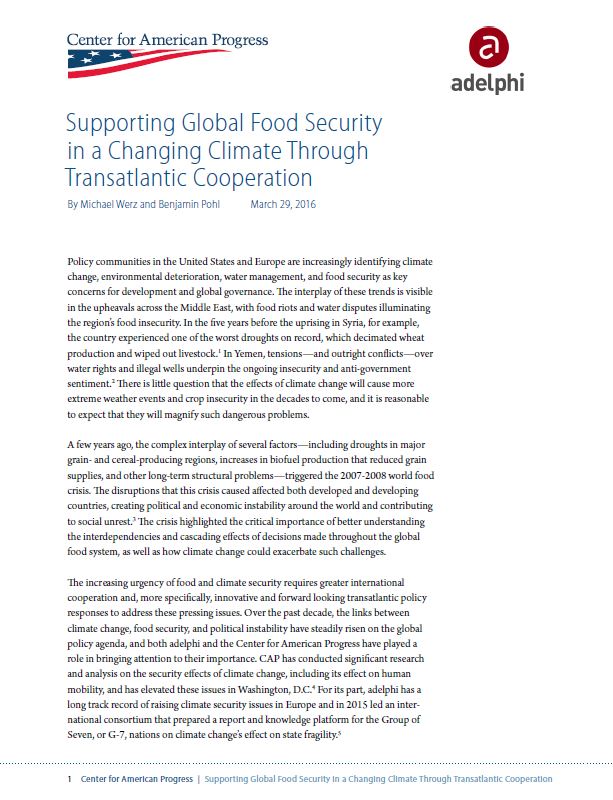Coletânea do II Seminário Governança de Terras e Desenvolvimento Econômico
III Seminário Internacional de Governança de Terras e Desenvolvimento Econômico: Regularização Fundiária
Presente e Futuro do desenvolvimento brasileiro
Dimensões Do agronegócio brasileiro políticas, instituições e perspectivas
Diretrizes Voluntárias sobre a Governança Responsável da Terra, dos recursos Pesqueiros e Florestais no Cotexto da Segurança Alimetar Nacional
The 10 Science ‘Must Knows’ on Climate Change
It is undoubtedly a challenge for climate policy actors to identify reliable evidence to support sound decision-making processes for tackling climate issues effectively. Still, differentiating between fact and fiction, well-designed and invalid science, evidence- or interest-based arguments is precisely what determines the quality of climate policies.
Climate change, conflict and crisis in Lake Chad
This year's 2nd edition of the European Security and Defence Union journal is looking into climate change as global security and humanitarian challenge. Janani Vivekananda, Senior Adviser for Climate Change and Peacebuilding at adelphi, has contributed to the journal with a piece on the climate security crisis currently plaguing the Lake Chad basin. Lake Chad is a geophysical and ecological miracle.
Land Degradation Neutrality for Water Security and Combatting Drought
As water is the most disruptive element in the ongoing climate crisis, how land is managed plays a major role in taming this disruption. This publication shows that avoiding, reducing and reversing land degradation can have positive long-term gains in water security.
Groundswell: Preparing for Internal Climate Migration
Internal climate migrants are rapidly becoming the human face of climate change. According to this new World Bank report, without urgent global and national climate action, Sub-Saharan Africa, South Asia and Latin America could see more than 140 million people move within their countries’ borders by 2050.
At the root of exodus: Food security, conflict and international migration
As an international actor in addressing food insecurity among refugees and other migrants, the World Food Programme (WFP) has undertaken a research study to determine the role that food security plays in cross-border migration. Given the dearth of data on this topic, the WFP study sought to answer some of the following questions: What is it that compels people to leave their homes? What role does food insecurity play in migration? Are these factors common across all international migrants, or do unique root causes spur specific migrant populations to move from their homes?
Supporting Global Food Security in a Changing Climate Through Transatlantic Cooperation
Policy communities in the United States and Europe are increasingly identifying climate change, environmental deterioration, water management, and food security as key concerns for development and global governance. The interplay of these trends is visible in the upheavals across the Middle East, with food riots and water disputes illuminating the region’s food insecurity.

